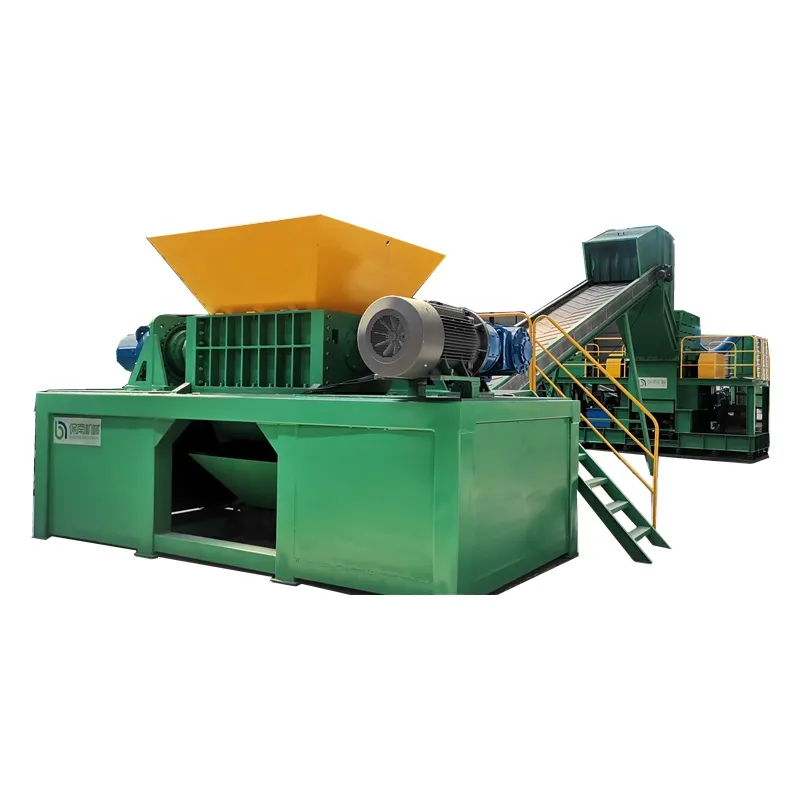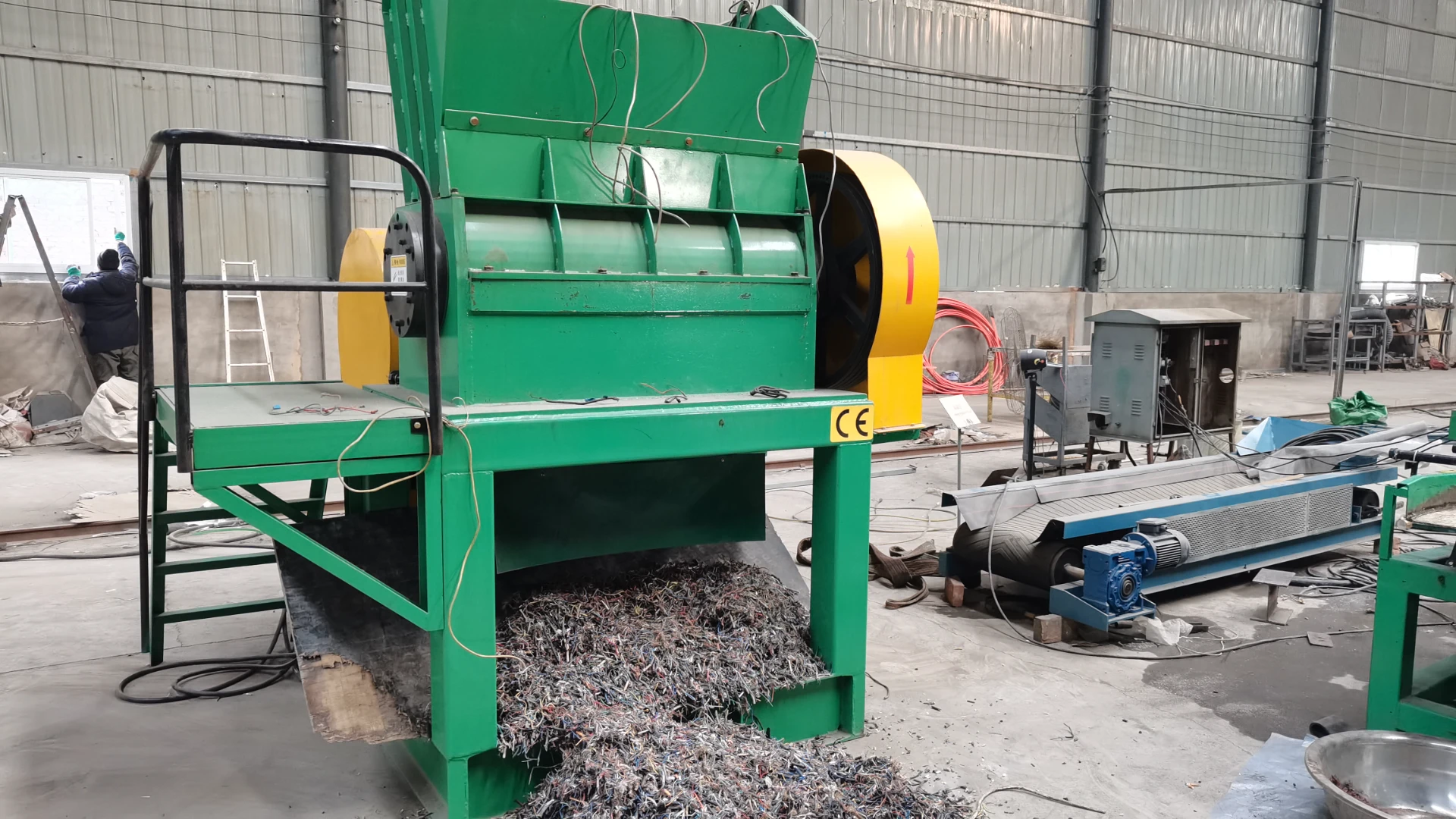Disposing of electronics properly is not just an environmental responsibility; it is a necessity in our technologically advanced age. With the rapid pace of technological advancements, consumers often find themselves with outdated or non-functioning electronic devices, wondering how best to dispose of them securely and safely. Here’s a comprehensive guide on how to efficiently throw away electronics, backed by expertise and real-world experience.

Firstly, it is crucial to understand what constitutes electronic waste, commonly known as e-waste. E-waste includes a broad range of electronic devices such as smartphones, tablets, computers, televisions, cameras, and even appliances like refrigerators and microwaves. These devices often contain harmful substances like lead, mercury, and cadmium, which can be detrimental to the environment if not disposed of correctly.
Begin by assessing whether the electronic device is truly at the end of its life. Often, what you consider waste might still hold value. For instance, a smartphone could be sold or donated if it’s still functional. Many organizations accept working electronics for resale or refurbishment, which not only extends the life of these devices but also supports a circular economy. If you possess technical skills, consider upcycling or refurbishing the electronic device yourself; this practice can reduce waste and offer cost-saving opportunities.

For electronics that are beyond repair or usability, ensure you wipe all personal data.
Data security is a critical aspect of electronics disposal. Before handing over any device, ensure that all personal data is completely removed. For phones and computers, this includes performing a factory reset and, if possible, manually removing all sensitive information. For added security, especially in hard drives, consider using software specifically designed to overwrite and erase data permanently, thus safeguarding your personal information from data retrieval attempts.
Once the device is ready for disposal, research certified e-waste recycling companies. Many municipalities and local governments offer e-waste recycling programs, making it easier for residents to discard their electronics responsibly. These recyclers follow stringent guidelines to ensure harmful materials are handled with care and valuable components are salvaged. Often, they are part of organizations such as e-Stewards or R2 (Responsible Recycling), which are reputable standards in the e-waste industry, ensuring environmentally safe disposal practices.
how do you throw away electronics
If local programs are unavailable, numerous technology companies and retailers have take-back or trade-in programs. Companies like Apple, Best Buy, and Dell, among others, offer options to return old electronics, sometimes providing incentives like discounts or gift cards in exchange for returned items. Participating in such programs not only eases the burden of e-waste but also rewards consumers for their environmentally responsible behavior.
As electronics contain valuable materials such as gold, silver, and copper, recycling them allows for these resources to be reclaimed and reused, reducing the need for new raw material extraction and lessening environmental impact. Moreover, proper recycling prevents hazardous substances found in electronics from leaching into the soil and water, protecting ecosystems and human health.
Education is another pivotal element in improving electronics disposal practices. Spread awareness regarding the importance and methods of responsible electronics disposal among peers. By encouraging others to adopt eco-friendly practices, you contribute to a culture of sustainability and environmental stewardship. Hosting or attending e-waste drives and workshops can further amplify this awareness, fostering community participation and commitment to a greener planet.
In conclusion, the responsible disposal of electronics requires a blend of awareness, commitment, and action. By evaluating the condition of your devices, ensuring data security, partnering with certified recyclers, and participating in corporate take-back programs, you are contributing positively to environmental sustainability. The technology we cherish must be handled with care at every stage of its lifecycle, ensuring minimal impact on our world. Let's not only stay updated with technology but also stay committed to protecting the planet we inhabit.



